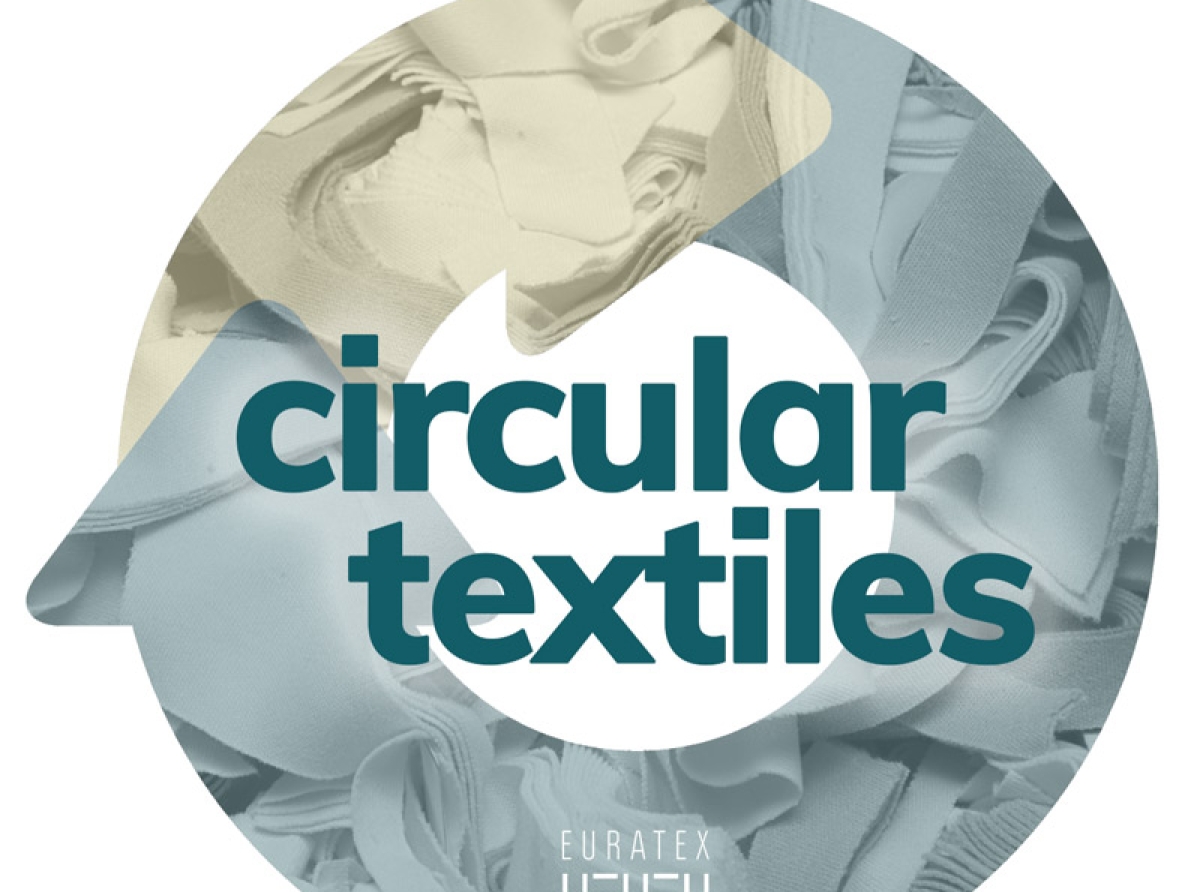08 July 2023, Mumbai
The EU Commission has introduced regulations to promote sustainability and circularity in the textile sector.
These regulations align with the EU Strategy for Sustainable and Circular Textiles, holding producers accountable for their products' entire lifecycle and encouraging sustainable management of textile waste throughout the EU.
Waste reduction
The main objective of the proposal is to transform the industry by accelerating the separate collection, sorting, reuse, and recycling of textiles. This will increase the availability of used textiles, create local jobs, reduce consumer costs, and mitigate environmental impacts.
A crucial element of the proposal is the mandatory and harmonized Extended Producer Responsibility (EPR) schemes for textiles in all EU Member States.
Under these schemes, producers will bear the costs of textile waste management, incentivizing waste reduction and the design of circular products based on their environmental performance.
The proposal includes common EU rules for extended producer responsibility, intending to facilitate separate textile collection by 2025.
Green financing
The funds generated by producer contributions will be used to invest in infrastructure for collection, sorting, reuse, and recycling, with an emphasis on efficient sorting for reuse and prioritizing recycling for non-reusable items.
Social enterprises engaged in textile treatment will benefit from expanded business opportunities and a larger second-hand market.
Disruptive innovations
The proposal also promotes research and development in innovative technologies like fiber-to-fiber recycling to enhance circularity.
In addition, measures are being taken to address illegal textile waste exports by clarifying waste and reusable textile definitions and ensuring environmentally sound waste management during exports through forthcoming waste shipment regulations.
The revision of the Waste Framework Directive will separately address food waste. The proposal will undergo a review by the European Parliament and Council through the legislative procedure.
Conservation of resources
The European Commission is determined to enforce regulations for sustainable fashion by 2028 to address its environmental impact. Textile consumption ranks as the fourth-highest contributor to environmental and climate effects, following food, housing, and transport.
Major fast fashion companies like Inditex and H&M are actively seeking ways to reduce water and energy usage and increase the use of recycled textiles.
The Commission plans to introduce 16 legislations that will hold fashion companies accountable for their environmental consequences.
These measures will pose challenges for fast fashion brands, as they will require waste collection or financial contributions.
The Role of Recycling
The EU aims for durable garments that prioritize reuse and easy recycling by 2030. Currently, the EU discards 5.8 million tonnes of textiles annually, equivalent to 11 kg per person, contributing to rapid landfill and incineration rates worldwide.
To address deceptive eco-labels, the Commission will implement regulations effective next year.
Furthermore, EU governments have agreed to ban the destruction of unsold textiles, promoting their reuse and recycling. The ban's implementation is expected to take around six months.
Apparel industry experts in Bangladesh believe that the country is fully equipped to cope with the European Union's decision to end fast fashion by 2030.
Growing Greenwashing concerns
The EU has recently expanded its eco-design rules for textile products and urged major companies to disclose the volume of unsold inventory they hold. The new rules mandate companies to refurbish their clothing designs to meet specific criteria, including disclosing information on the garment's shelf life and the amount of recycled materials used.
Each reviewed garment will be provided with a digital product passport to verify its recyclability and prevent greenwashing. The rules also prohibit the destruction of unsold or returned goods.
Coordinated policy framework
To ensure conformity, Bangladesh is collaborating with brands like H&M, M&S, and G-Star. Ziaur Rahman, Regional Country Manager for H&M-Bangladesh, Pakistan, and Africa, expresses support for the European Commission's efforts to establish a coordinated policy framework and a level playing field.
Rahman emphasizes the importance of collaboration between local authorities and brands to enable the transformation of the entire industry.
BGMEA vision
Bangladesh apparel manufacturers have renewed their vision to align with international strategies.
The Bangladesh Garment Manufacturers and Exporters Association (BGMEA) unveiled their renewed vision, which includes reducing greenhouse gas emissions by 30% by 2030, increasing the use of sustainable materials by at least 50%, and reducing the blue water footprint by 50%.
The sector also aims to reduce energy consumption by 30% and use at least 20% renewable energy. Additionally, apparel manufacturers plan to invest $1 billion in sustainable communities, ensure complete sustainability in data reporting, increase the number of green factories by 80%, and improve production efficiency by 60%.
The BGMEA is working with the European Commission and the Circular Fashion Partnership (CPF) initiative, funded by P4G, to achieve a long-term transition to a circular fashion.
Circularity
The recent decision by the European Parliament to ban the destruction of usable surplus stock and returned goods, combat aggressive and false advertising, and introduce reduction targets for material and consumption footprints aligns with the European Commission's Strategy for Sustainable and Circular Textiles. Stakeholders commend the parliament's actions and urge the European Commission to develop a robust plan for managing and reducing clothing waste in the EU.
Companies are encouraged to take responsibility for their textile waste, including supporting waste management efforts in countries like Ghana and Kenya that receive excessive amounts of second-hand clothes from Europe.
Experts emphasize the importance of the textile industry adhering to social and environmental rights and call for a swift ban on destructive practices across all product categories.
They urge the European Commission to embrace the parliament's ambition by establishing binding reduction targets for the EU's material and consumption footprints.

























